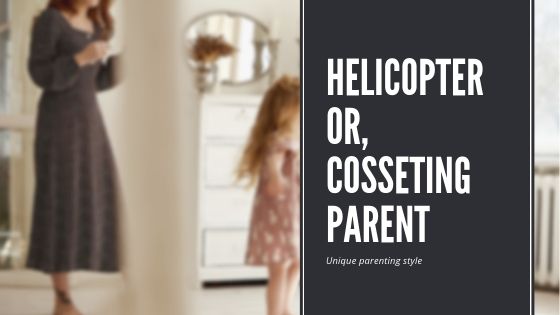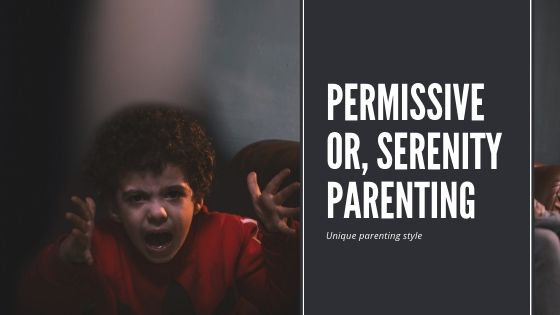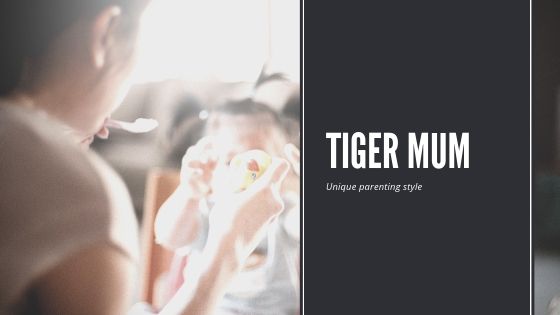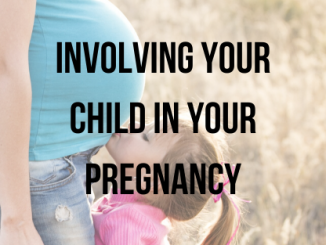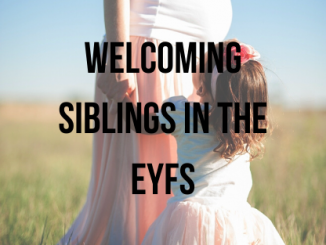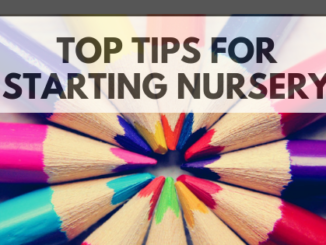The term tiger mum has probably come across your awareness at some point or another, along with the overprotective father or, the nonchalant parent who just can’t say no to their child. We have put together a list of nine types of parents, which one of these parenting styles do you resonate with the most?
The moment we become parents, there is an unspoken consensus everyone agrees on, and that is to raise good, healthy and well-educated children. Still, how each parent chooses to parent varies greatly.
You could spend days or even weeks reading all the different labels experts categorise parents, their personality types and parenting types but let’s keep it simple and look (below) at a simple, easy to digest list of parenting styles.
-
Attachment Parenting
Attachment parenting focuses on the nurturing connection parents develop with their children in the early years as being the ideal way to raise secure, independent, and empathetic children.
Proponents of this parenting philosophy include the well-known paediatrician William Sears, MD. They make the case that a secure, trusting attachment to parents during childhood forms the basis for secure relationships and independence as adults.
Attachment Parenting International (API) is a worldwide educational association for this style of parenting.
The attached mother enforces extended breastfeeding, night-time parenting i.e. bed-sharing and prolong pampering. Attachment type parents want to spend every moment together with their child while minimising their time apart.
Some of the Pros and Cons
Pros: There is a belief this style of parenting leads to having a strong foundation and independence in adulthood. Attachment theory came about in the 1950s, before the advent of childcare when it was common for mothers to stay home. In modern society, both parents work so many critics want the research of attachment parenting updated.
Cons: Bed-sharing could lead to sudden infant death syndrome or SIDS. Prolong attachment could lead to over dependent children and highly stressed parents.
-
Authoritative Parent
Did you at some point decide to parent your child like the way your mother and father raised you? You know, spare the rod spoil the child (of course replacing “rod” with stern words, lots of love and positive reinforcements)… If so, you might just be an authoritative parent. You believe children can only succeed if they have clear rules, and expectations.
Authoritative parents have clear reasonable expectations and guidelines that are in the best interests of the child. They are affectionate toward their child, they understand the need for their child to have loving respect for everyone as well as being active in their community. They allow for flexibility and collaborative problem-solving with the child when dealing with behaviour issues.
Note: an authoritative parent is not an authoritarian parent. The authoritarian parent has clear expectations and consequences but shows little affection. They believe in having rules, no excuses and no chatting back. Their motto is, “a child should be seen but heard.”
-
Baby-Led Parenting
Do you believe that babies are intelligent beings? They know what they want and when they want it, it isn’t up to us the parent to decide when they should eat or sleep especially when they aren’t yet able to say what they want for themselves.
Baby-led parents accept this idea, coined by Dr. Benjamin Spock, that the baby is boss and incorporates it into their parenting style.
Baby-led schedules tend to be very loose routines. You follow your baby’s lead, meaning you look for cues to decide what your little one needs next rather than imposing a timetable for feedings, rest, or play.
-
Conscious Parenting
Every child has a voice and they should feel comfortable in expressing themselves. Conscious parents believe that children should be influenced not disciplined. The goal of parenting is to develop a high level of introspection and self-awareness instead of control, punishments, outdated beliefs and power struggles.
The child should be seen as a teacher for the parent instead of as a thing, use modern science to assist your growth as well as well researched methods to build a deeper connection with your child.
-
Helicopter or, Cosseting Parent
You will know the moment you meet a helicopter parent. These parents are the type who hover around their child in the park or might even use a child leash or strap to keep their child “safe”.
The metaphor appeared as early as 1969 in the bestselling book Between Parent & Teenager by Dr Haim Ginott, which mentions a teen who complains: “Mother hovers over me like a helicopter…”
Helicopter parents have the need to want to involve themselves in everything the child is doing because they believe they are helping or protecting their child from possible threats, dangers or sadness. This type of parent might even continue hovering over their child in adulthood by giving them a mobile phone so they can call them all the time.
Free-range parenting and permissive parenting are the opposite to helicopter parenting because they don’t believe in overprotecting or being too involved with their child’s experiences or problems.
Con: a child might feel anxiety outside or in social surroundings, have low self-confidence or over dependence on their parent.
-
Holistic or, Natural Parenting
The holistic approach to parenting begins with the philosophy that embraces the journey of life and to be aware of how our choices and actions are interconnected with how they impact other people, our health, well-being and the environment.
Being a holistic parent is not a race or a contest. It’s not about having the “perfect” green lifestyle or abandoning all of our previous traditions. It is the effort we make to become informed about our nature, nutrition, open-mindedness and a willingness to discuss ways to make the best choices for ourselves, our families, and our planet.
Natural parents educate their kids to like, cherish and respect all beings, an essential quality for people children to understand.
-
Permissive or, Serenity Parenting
If you don’t like setting rules or saying no to your child, then you might just have the permissive parenting style. The permissive parent is usually very loving and nurturing. They have very little or no rules or structure in the house and rarely attempts to discipline their child. These parents do not expect mature behaviour from their children and often seem more like a friend than a parental figure.
These parents tend to be the polar opposite of the so-called “helicopter parents.” Instead of hovering over their children’s every move, permissive parents are incredibly lax and rarely make or enforce any type of rules or structure. Their motto is often simply that “kids will be kids.”
Cons: Because there are few rules, expectations, and demands, children raised by permissive parents tend to struggle with self-regulation and self-control.
Based on her research with preschool-age children, developmental psychologists Diana Baumrind described permissive parents as non-traditional and lenient. Permissive parents allow their children to self-regulate while avoiding confrontation by use of bribery such as toys, gifts and food as a means to get the child to behave. They also ask for their children’s opinions on major decisions.
Cons: Lack of self-discipline, poor social skills, demanding, aggression, low emotional understanding, maybe self-involved and displays low achievement in many areas.
-
Slow Parenting or, Free-Range Parenting
Are you able to step back and let your child run, maybe fall a couple of times without feeling the need to jump in to save her? Do you believe children should have the freedom to explore the world at their own pace?
If so, you will like the free-range parenting style. This could possibly be the most trending parenting style in our modern society. Kids are given the option to venture outdoors or given the opportunity to try many new things. Free-range parents welcome thinking outside of the socially constructed box and given enough space to move independently at their own pace, without being dictated to by an adult. Free-range parents believe in supervision but from a distance – we shall help only if you ask for it or the situation calls for it.
-
Tiger Mum
Tiger mums roar with pride. The word comes from Amy Chua’s book, “Battle Hymn of the Tiger Mother” describes herself as being a tough, disciplinarian mother.
Tiger parents are known for being strict, they push and pressure their child to attain high levels of academic achievements or success in high-status extracurricular activities such as music.
Conclude
There are so many parenting styles out there as well as techniques and fads which you can find anywhere. No matter what parenting type you resonated or add to your parenting style remember to embrace who you are and your child as a unique individual because when everything is taken into consideration only you can decide what is best for your child.
Resources:
https://www.justparents.co.uk/parenting/styles/authoritative-parenting.html
https://www.webmd.com/parenting/qa/whats-the-most-effective-parenting-style-for-discipline
https://www.theatlantic.com/health/archive/2014/08/the-perils-of-attachment-parenting/375198/
https://www.verywellmind.com/what-is-permissive-parenting-2794957





